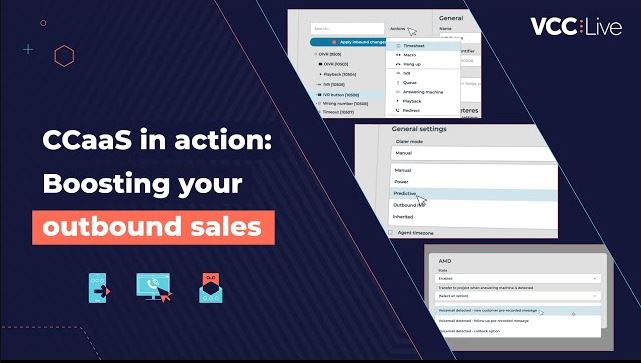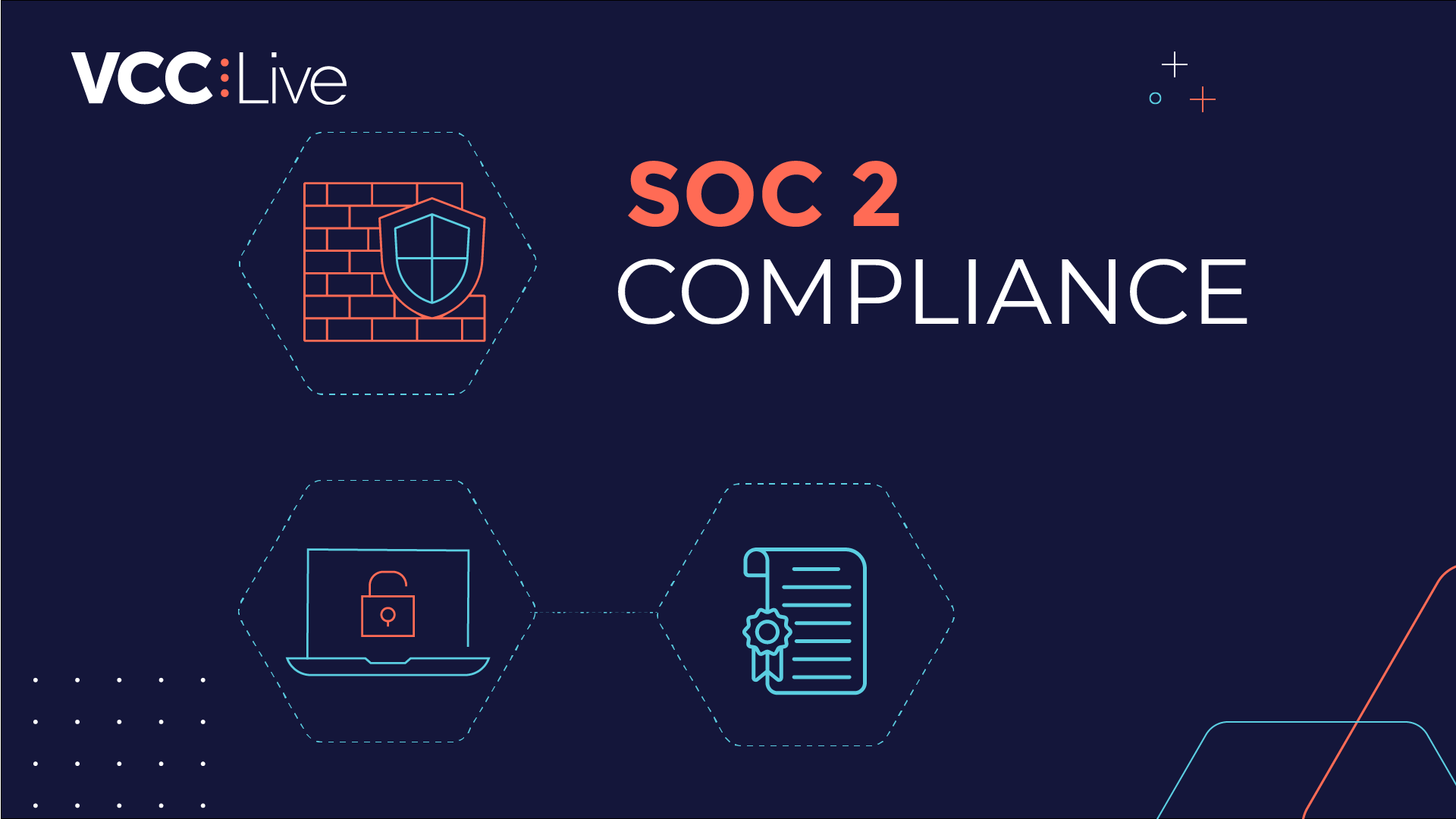Technology today allows people to choose from a vast array of communication channels. We have more possibilities than ever before to express ourselves and communicate to others. So do we still need email?
A few years ago, we used telephones only to make calls and our personal computers to write emails, today’s smartphones and other state-of-the-art devices allow us to switch between multiple communication channels effortlessly and conveniently. Instant text and voice messages, chat, email, video calls, and social media give us the power to choose how we wish to communicate, depending on our mood, time of day, and the type of message we wish to share. This array of possibilities is also reflected in the business world, where, more often than not, customers are the ones who dictate how and when they want to interact with organizations. And, contrary to what you might think, many of them still prefer using email as their communication tool of choice.
Email is not dead!
Even though email is often thought of as less effective and popular than, for example, social media, it is still a communication channel that seems to be of great importance to many. In regard to the contact center world, according to some of the latest research on the topic, approximately one third of people still prefer contacting customer service contact centers via email. While telephone support is often limited by practicalities such as working hours and how busy telephone lines are, email gives customers the opportunity to send an enquiry and come back to the reply at their own convenience. However, this can also have a negative result if the response to a customer email is below customer expectations, with the overall performance of the contact center being perceived as poor, even if all other communication channels used by the center work effectively. Because of this, and for many other reasons, it is worth putting a large amount of effort into providing seamless email support to your customers.
When is email the best choice?
While it is clear that phone calls are still the most effective means of communication for contact centers, there are cases in which email can provide better results, or even boost the efficiency of your contact center. Here are a few situations when sending a written message is advantageous to a phone conversation:
- Sales and offers: customers often get in touch with contact centers to request information about a product or service. While a phone call is the perfect way to answer a customer’s questions immediately, a follow-up email with a personalized offer after a conversation can be a great way to keep the customer’s focus on the product or service, and boost potential sales.
- Detailed step-by-step information: every technical support agent knows it can take a long time to guide users through product or software enquiries over the phone. Sending step-by-step help in an email can save time and energy, and also allows customers the chance to refer back to these emails in the future, instead of calling again.
- Attaching files and screenshots: timely and competent technical support often requires a screenshot or picture of the experienced issue. It is undeniable that email is still the most reliable and easiest way to attach a picture, screenshot or any other visual material that helps describe an issue.
- Paper trail of communication: it is important for both contact center agents (especially when dealing with complaint handling) and customers to keep a written trace of communications and exchanged information, both for future reference and proof of what was said.
- Better quality of service: providing a perfect answer requires time, which, with a customer waiting at the other end of the line, is what you don’t always have during a phone call. In sensitive cases, email can be a better communication tool, as it gives enough time for careful phrasing. It is also useful if you need to provide clear and high-quality technical descriptions and information.
So, how can you improve your email communications?
No one is better aware than yourself of the elements that make up the knowledge and experience within your company, but knowledge in itself is not enough if not shared effectively and clearly with the people who need it. Even if you feel you already successfully handle communication with your customers, there is always something that can be improved and made even better. Here are three tips which we believe make an immediate, positive impact on email communications in your contact center:
- Keep track of contact and issue history: this allows agents to identify customers and know whether they have previously been in contact with other agents in the company regarding the same issue – offering a customer a solution that has already failed to help will not be very productive use of your agents’ time. A good software solution can also help agents see whether another colleague is already working on the issue, thus avoiding duplicate responses.
- Acknowledgement emails: sending an automatic acknowledgement message reassures customers that they will subsequently receive prompt, high-quality service. It provides a personal touch to your communication, and makes a positive impression on customers, who feel they are being taken care of and focused on.
- SLA: deciding on strict SLA rules and keeping to them is of key importance to any contact center dealing with incoming emails. It is important for customers to know how long it will normally take for an agent to answer their enquiry. This is something which can easily be integrated into the automated acknowledgement message mentioned above.
Old-fashioned as it may seem, email is still a communication channel with a lot of positive aspects, and it should not be ignored. Whether it is because customers don’t have the time or are not in the mood for a phone call, or because it is easier to send large amounts of factual information and files in a written communication, email will always be relevant to the contact center communication mix. With a few easy tricks it can be turned to your advantage, and help you to not only meet your customers’ expectations, but also boost customer loyalty and interest in your products and services.
We will focus again on the importance of email in an article about KPIs to be published soon. Keep an eye out for it!



















